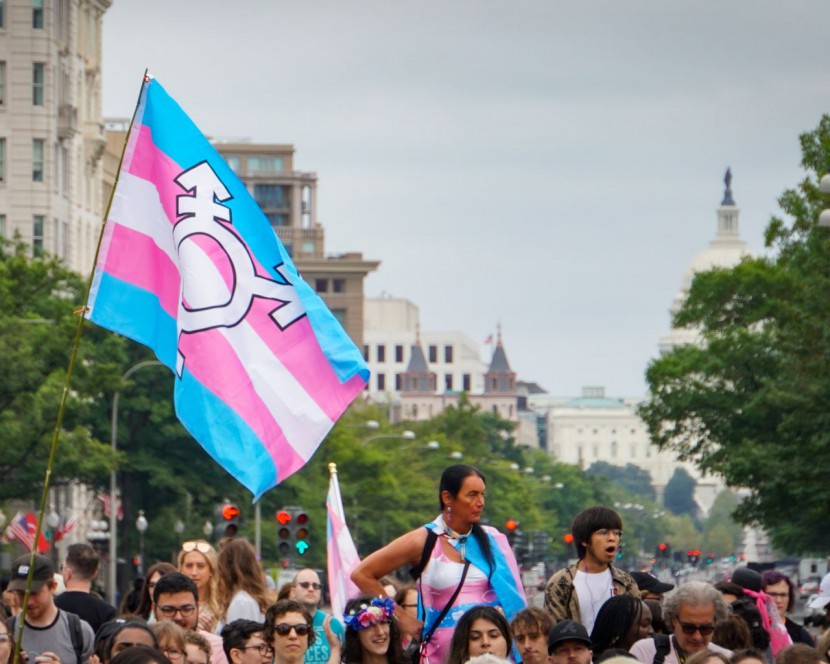Identity cards, semiotic instability, and signs of state recognition for Indonesian warias
- Pieter De La Court

Indonesia has a big population of transgender people who go by the name 'warias'. This population has seen their rights and place in society shift many times over. Learn more and attend this talk by Benjamin Hegarty!
In Indonesia, the period of exuberant democratization that followed the authoritarian New Order (1965-1998) saw the state-issued identity card transformed into a visual symbol available for reproduction by ordinary citizens. One Indonesian transgender population known as warias, whose gendered mobility and kinship challenges the fixity of bureaucratic fictions, used the card to engage with the terms of recognition offered by the state.
Following the introduction of sweeping public nuisance regulations that excluded them from public spaces, in 2014, warias in Yogyakarta made cards that closely mimicked but did not copy the visual form of the original. Yet this was not a card that was designed to replace the authentic state identity card but reworked its powers of recognition to new ends. Warias use of cards prompted a reckoning with the hopeful and dangerous prospect that the state did not hold a monopoly over powers of recognition.
Based on research undertaken in fieldwork in Yogyakarta and Jakarta since 2014, this talk positions warias engagement with identity cards to theorize the broader semiotic instability of state citizenship. A focus on bureaucratic citizenship as a visual medium helps to interpret the signs of the state as vulnerable to the open-ended meanings of things.
About Benjamin Hegarty
Benjamin Hegarty is an anthropologist and the author of Cornell University Press's The Made-Up State: Technology, Trans Femininity, and Citizenship in Indonesia.
His research interests span medical anthropology, transgender studies, and Southeast Asian studies. He is drawn to ethnographic research because of its experimental, collaborative, and interdisciplinary potential.
Information
Location: Pieter de la Court, room 1.A01
Adress: Wassenaarseweg 52, 2333 AK Leiden
Date and time: October 6th 2022, from 15:30 to 17:00
Language: English